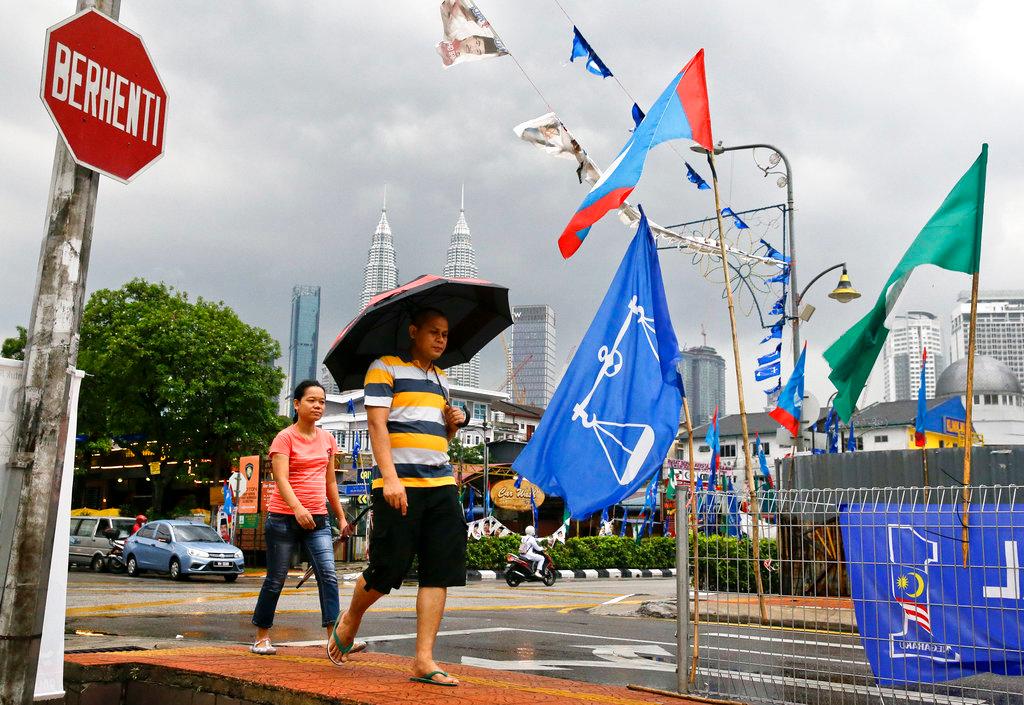Shifting loyalties to see an end to high-powered coalitions?
Analysts say party identities may become more prominent than overarching pacts.
Powerful and dominating pacts may soon be a thing of the past with analysts predicting shakier ties between coalition partners amid the collapse of decades-old alliances and the surfacing of new blocs in the country’s political arena.
Oh Ei Sun, a senior fellow at the Singapore Institute of International Affairs, said the coming elections would see a shift away from parties entering the fray in tight-knit alliances, leaving the fate of such pacts hanging in the balance if they fail to secure a significant majority.
“Each political party will be more or less on its own,” he said to MalaysiaNow. “Umno will go on its own, PKR and DAP as well.
“We will see party identities being more prominent, and these individual identities will trump the respective coalitions.”
But he added that no single party would win more than half of the parliamentary majority.
“None of them can outright win on their own. Therefore it requires them to form (new) coalitions only after the election,” he said.
Oh gave the example of Umno and Pakatan Harapan (PH) which of late have been seen as warming up to each other despite being on opposite sides of the fence in previous elections.
Umno also recently announced that a number of its MPs had pulled their support for the Perikatan Nasional (PN) government, a move that could see the coalition further destabilised.
Barisan Nasional (BN), meanwhile, which saw many of its component parties pulling out after the 2018 general election, was left with its lynchpin Umno as well as MIC, MCA and Parti Bersatu Rakyat Sabah after its Sarawak partners left to form their own pact, Gabungan Parti Sarawak.
Gerakan, another former component party which is now part of the PN coalition, has been urging MCA and MIC to join it in leaving the BN pact.
“No one is ready for an election.”
MIC, meanwhile, despite being a member of BN, has maintained its support for Prime Minister Muhyiddin Yassin and PN.
Ilham Center analyst Hisommudin Bakar said the so-called Sheraton Move last year which preceded the collapse of PH had been a “reset” for the political landscape.
“There is no coalition that can win a clear majority in Parliament to form a stable government,” he told MalaysiaNow.
“In terms of political coalitions, things are still up in the air. Everyone now is more focused on maintaining their hold on power or bringing down the present government.
“No one is ready for an election.”
And while the move brought together Umno and PAS, it also saw the creation of splinter parties Pejuang and Muda.
Hisommudin said the pandemic had also played a role in separating parties from the people, with each fighting struggles on its own front.
He cited a study by the centre showing a change in voting pattern, saying voters are now drawn to individual candidates over parties or current affairs.
“The study was done during the pandemic, so those who were seen as assisting them during their times of hardship were more popular,” he added.
But Oh said the state election in Sabah last year had shown that people still vote along party lines.
“I don’t give a lot of credence to the voting for candidates,” he said.
“In Sabah, a lot of these prominent politicians came out saying voters should vote for them and not their party. In the end, they got fewer votes.
“I think personality would not take precedence over party identity.”
Subscribe to our newsletter
To be updated with all the latest news and analyses daily.
